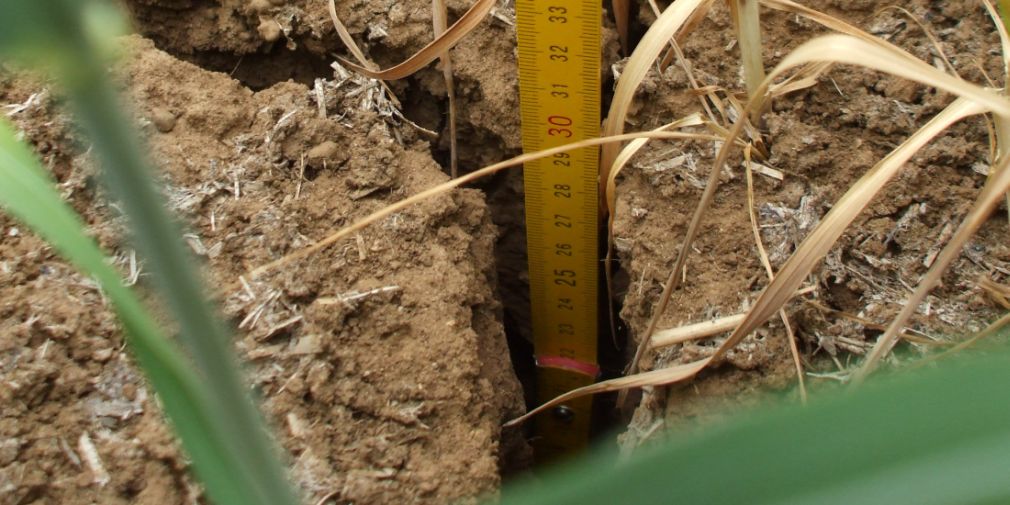
Climate change is already under way, and it will continue. Since the beginning of regular weather recordings in 1881, the average annual temperature in Baden-Württemberg has already increased by 1.4°C. According to regional climate models that calculate future climatic developments for Baden-Württemberg, a further increase in average temperature of about 1°C by 2050 (assuming a moderate emissions scenario) has to be expected. The number of tropical days (with at least 30°C) will double compared to today. By 2100, average temperature will be at least 3°C higher, number of tropical days will strongly increase and could reach 40 days or more per year in the Rhine Valley. Precipitation in the vegetation period is expected to decrease only moderately - there are considerable uncertainties in the modeling. However, together with the higher temperature and thus increased evapotranspiration from soil and plants, there is a higher probability of more and intense periods of drought. Conversely, precipitation is expected to increase in spring, fall and winter. An increase in number and in intensity of heavy rainfall events must also be expected. Most definitely, the CO2 concentration of the atmosphere will increase.
For agriculture in Baden-Württemberg, this means in the future: more heat and drought stress for crops and livestock and thus reduced yields and quality, more heavy rainfall events (possibly also more hailstorms) with the associated risks of soil erosion and plant damage, but also greater challenges for plant protection, especially coming from heat-loving pests and associated diseases. The extreme year of 2003, with a particularly hot June and August, could be a normal summer towards the end of the century. In 2003, yield losses of 13% for cereals and corn and of over 20% for canola, potatoes and sugarbeet had to be absorbed. However, climate change also offers opportunities: Higher CO2 concentrations will result in higher yields, especially for C3 crops. The increase in temperature will lead to higher yields in the cooler regions of the country. And there will be new opportunities for selection of crops and varieties, not only in arable farming but also in horticulture, orcharding and viticulture in particular. Agriculture will have to adapt.
Der Klimawandel und seine Auswirkungen auf die baden-württembergische Landwirtschaft (Landinfo 7/2009)
In den letzten 100 Jahren ist die globale Jahresmitteltemperatur um 0,74°C gestiegen. Dabei hat die Intensität der Erwärmung in den letzten beiden Jahrzehnten deutlich zugenommen. Während die Temperaturen gemittelt... weiterlesen
Phänologie der Kulturpflanzen als Indikator für den Klimawandel in Baden-Württemberg (Landinfo 5/2014)
Verfolgt man die Blüte- und Reifezeiten unserer Pflanzen, dann kann man zu dem Schluss kommen: Der Klimawandel ist in vollem Gange. Zwar schwanken beispielsweise die Blütezeiten je nach Witterung von Jahr zu Jahr; über einen... weiterlesen
